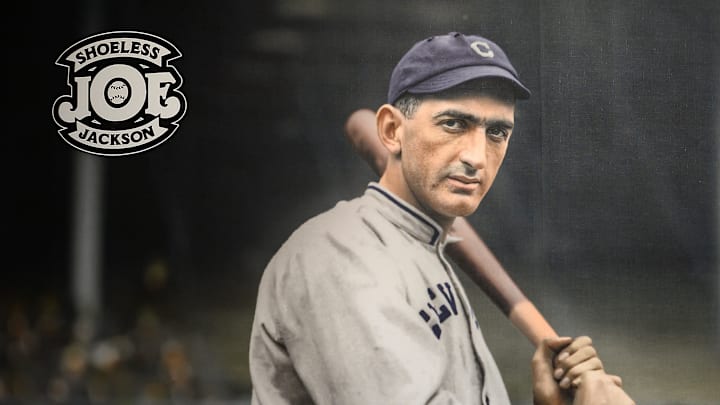The removal of Pete Rose and Shoeless Joe Jackson from Major League Baseball’s permanently ineligible list does, as has been widely reported, make those two cult figures eligible for election to the Baseball Hall of Fame.
It does not, however, ensure their election, and certainly not within any immediate time frame.
H2
MLB Commissioner Rob Manfred announced on May 13 that he had removed the names of both Rose and Jackson from the ineligible list, as well as the names of more than a dozen other former players, all of whom had passed. Manfred declared that a lifetime ban terminates with the player’s passing.
Some of the other players removed from the ineligible list include Jackson’s Black Sox teammates, Eddie Cicotte, Buck Weaver, Happy Felsch, Lefty Williams and three others. Also removed from the list were lesser-known players involved in individual scandals mostly between the end of World War I and 1924. Those included Benny Kauff, Phil Douglas and Jimmy O’Connell.
The list also contains the name of one owner, William Cox, who owned the Phillies briefly during World War II until it was uncovered that he had bet on his team. Cox was forced to sell.
What happens next? For a while, nothing. Although Rose, Jackson and a few others — Weaver and Cicotte being the most obvious — have Hall-worthy on-field credentials, none can even be considered until the next meeting of the Classic Era Committee.
That is a group of former players, writers, historians and executives who meet periodically to review the qualifications of candidates whose playing careers ended more than 15 years ago.
That committee isn’t scheduled to even meet until December of 2027. When it does, candidates must receive the votes of at least 12 of the 16 members in order to be enshrined… and voters are limited by committee rules in the number of people they can support. They can’t just vote everybody in.
So if the actions of Rose, Jackson or any of the others that got them suspended in the first place continue to offend more than four voters, they still won’t get in.
And if you think that character reasons could not possibly undermine the candidacies of Rose and Jackson, consider that a similarly structured committee just two years ago failed to deliver even a single vote to either Barry Bonds or Roger Clemens, both of whom were eligible for election with credentials that at least rival and arguably surpass those of Rose and Jackson.
While all the public and media attention will be on Rose and to a lesser extent Jackson, the candidacies of Weaver and Cicotte are also interesting. A good case can be made that had they not been linked to the 1919 Black Sox scandal, one or both would have been elected long ago.
Cicotte was a 15-season veteran, mostly with the White Sox, who compiled a 209-148 record. His repertoire included a variety of trick pitches including the knuckleball and the "shine ball", which is now illegal. He won 28 games in 1917, 29 games in 1919 and 21 games in 1920, and was the ace of both the 1917 and 1919 Chicago pennant winners.
But he was also deeply implicated in the World Series scandal, a role he admitted to late in his life.
Weaver was a talented 29-year-old shortstop and third baseman when his career was cut short by his involvement in the same scandal. Weaver, unlike the others, always denied involvement, and was guilty more by association than actual participation in throwing the series. He hit .300 in 1918 and .331 in 1920, and died in 1956.
Ultimately, Manfred's ruling does allow official MLB organizations to once again recognize and celebrate these titans of the game. Whether or not the Hall will join them in doing so is something only time will reveal.
